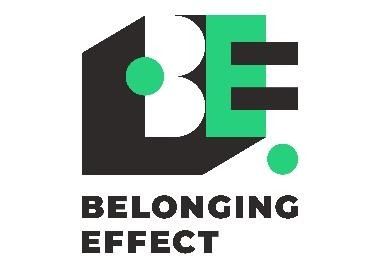The school I want to learn in - Hadassah
HADASSAH E. M. MORRIS, ST JOSEPH’S SENIOR SECONDARY SCHOOL, BANJUL, THE GAMBIA
“A great career without a great education is only a dream”.
A school is an institution where knowledge is passed onto students for their betterment. A school is also an institution which is designed for learning and passing discipline and good morals to students. School is an educational centre but the school I want to learn in is an important choice. The school I want to learn in is a school of discipline, gender equality, quality education, clean water and sanitation, and partnership for the goals.
Firstly, discipline is one of the main goals needed to achieve in the school I want to learn in. Quoting from Google, “Discipline is the practice of training people to obey rules and it is also a code of behaviour”. Being a disciplined student from an institution enables me to choose, persevere with actions, thoughts and behaviour which leads to improvement and success. If I attend a school where discipline is valued it will help me to stay focused on my goals. As a student going to school it is not all about learning, but it also teaches me to obey rules and creates a place which can build a future for me.
Secondly, gender equality is also another main issue. In some schools, a particular gender is not treated fairly, to be specific girls! People mostly have the thought that girls are meant for housekeeping and not schooling which is a wrong concept. Fundamental human rights like gender equality should be promoted in schools for a better learning environment. Education is a vital key and every single being has the right to it. Students, most especially girls, should be treated with dignity, love and respect because if they are treated like outcasts in schools, it will cause much harm to them. The school I want to learn in is a school that says yes to gender equality and disapproves of inequality.
Moreover, a school without quality education is like a sauce that has no taste. I will love to learn in a school where the quality of education is high and there are good teachers to impart knowledge to us, and not just collect salaries without doing their jobs. I need teachers that are nice but strict, teachers that will encourage me but make sure I succeed, teachers who love to do their jobs willingly without grumbling, and teachers who will always be there to correct me when I’m wrong.
However, clean water and sanitation is also an important factor to consider. Learning in a school where there is not only discipline, gender equality, good and quality education, is not the only thing I want, but also a school where there is clean water to sustain and promote good health and sanitation. Sanitation is having access to facilities for safe disposal of human waste, as well as having the ability to maintain hygienic conditions through services such as garbage collection, industrial waste management and waste water disposal. If a school has these properties it will improve the wellbeing among students and teachers, and also promote cleanliness.
Lastly, I will like to learn in a school where there is partnership for the goals. Partnership for the goals actually means working together to achieve our goals. As the Gambian pledge says, “It is a combination of government and people working together in unison and harmony that will lead us to achieve the progress that we all desire”. In order to achieve our goals we need partnership. A school might not have the resources to provide all the needs of the students in school, but if there are partnerships, like the collaboration of private agencies, philanthropists and well-to-do people, they will be able to sponsor the school or students by helping to provide for their needs. This could include technological facilities, reading books, and lots more, which will cause more hunger for learning. Without partnerships, not all goals will be achieved because the resources needed are limited but when we work together towards the same goals, we have the power to achieve them all. Sharing goals means sharing a vision.
In conclusion, the reason I will love to learn in a school that has these qualities is to turn into a star and future leader, that will also help others to achieve their goals without any complications in The Gambia, and the world at large.





